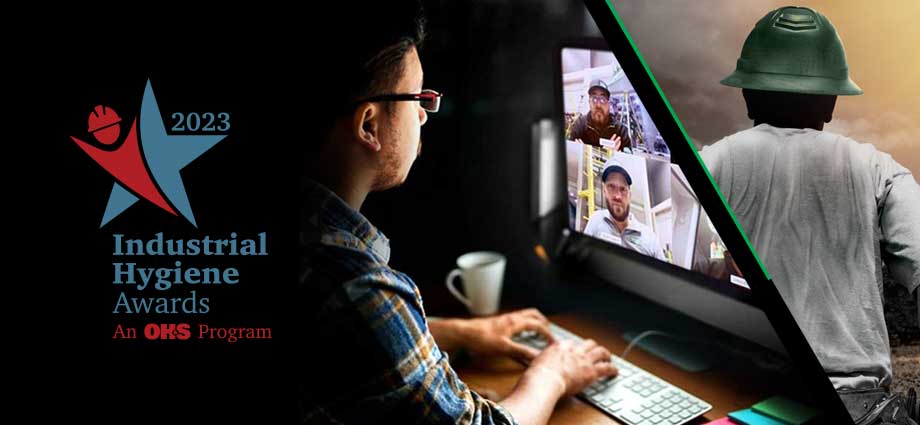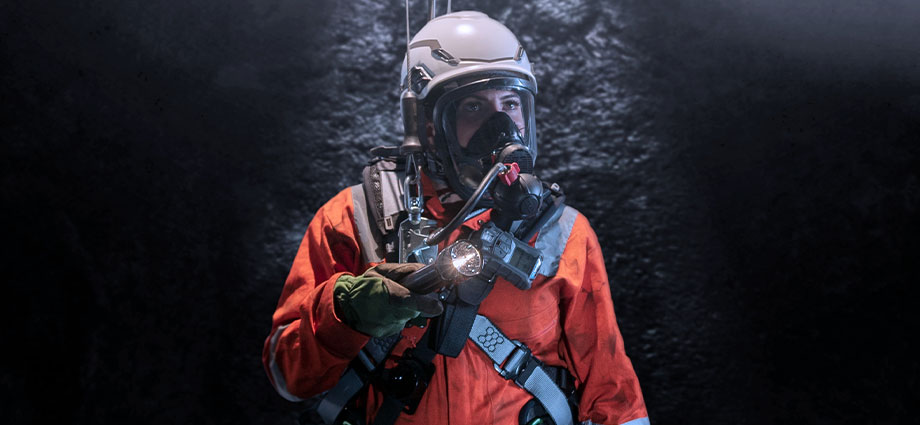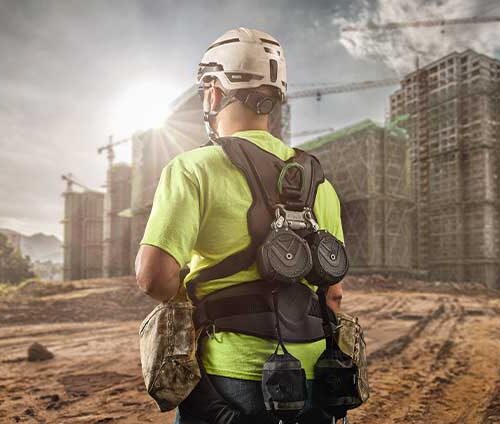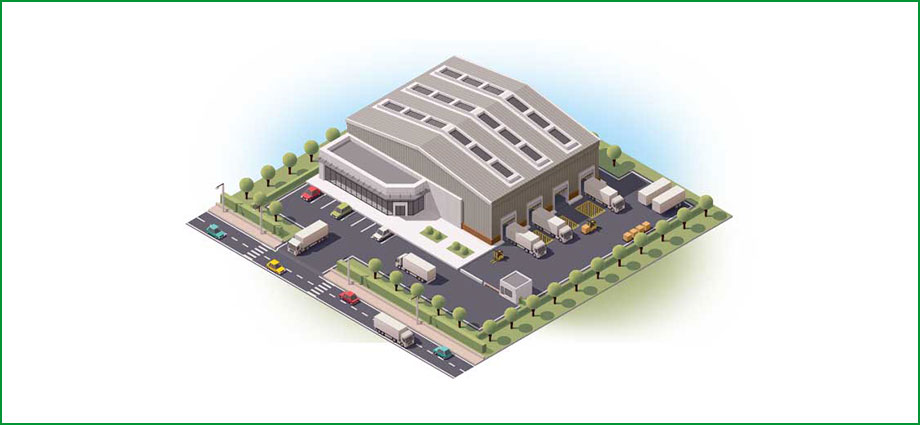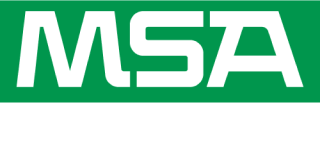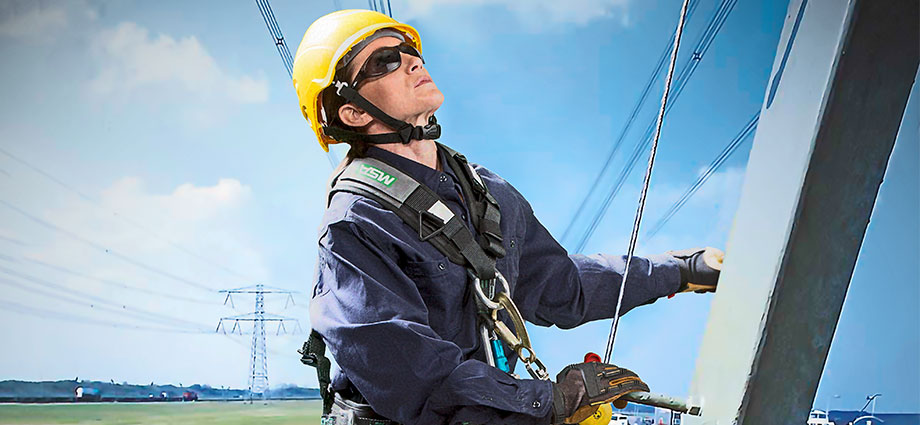
“If I’m just flipping a switch, that’s normal procedure. Do I really need to wear PPE?”
“The equipment looks fine, and I’m not facing the panel. I should be OK without my PPE, right?”
The answer is… maybe.
But then again, do you want any uncertainty in a potentially unsafe situation? The question of whether personal protective equipment is necessary in any given situation involving energized equipment shouldn’t be answered with an unexamined yes or no. Rather, a qualified person must complete a job safety plan that includes identifying hazards and assessing risk. What you don’t know CAN hurt you—even if the task is routine.
Why the confusion?
Regrettably, changes in the updated 2018 NFPA 70E Standard (Electrical Safety in the Workplace) have led to a misunderstanding of the term normal operating condition, especially with regard to wearing PPE. Just because electrical equipment is functioning correctly doesn’t necessarily mean it’s safe to approach or work on without proper safety gear.
Therefore, it’s essential to study the standard carefully, noting that equipment must meet ALL the criteria listed in 130.2 (A) (4) to be regarded as operating normally. The indispensable Informational Note below this section defines key terms.
An example
Here’s a commonly overlooked or misinterpreted part of the standard: normally operating equipment must be “properly maintained.” You may be tempted to make assumptions about what this means, but the phrase has a formal definition found in the Informational Note: “The phrase properly maintained means that the equipment has been maintained in accordance with the manufacturer’s recommendations and applicable industry codes and standards.”
Clearly, then, it’s inappropriate to take for granted that equipment has been serviced correctly or in a timely manner. Instead, you must (1) know what the relevant recommendations and codes stipulate for each piece of equipment and (2) never presume equipment has been serviced—especially when you’re deciding whether or not PPE should be worn. Create a maintenance plan that meets all applicable guidelines, carry it out, and document it.
Not a simple formula
Ultimately, no single factor dictates if and when wearing PPE is optional. Specifics to examine include shock protection boundaries, limited approach boundaries, equipment installation and maintenance, manufacturer labels, doors and covers, and evidence of impending failure. Risk assessment must also take into account your particular environment, the possibility of human error, and the likelihood and severity of an arc flash hazard.
If you’d like to hear more about NFPA 70E and wearing PPE from industry experts, you download the free webinar slides here. You’ll benefit from real-life examples of what to do and what not to do, as well as from a practical approach to risk assessment.
1 https://www.nfpa.org/codes-and-standards/all-codes-and-standards/list-of-codes-and-standards/detail?code=70E
2 https://www.nfpa.org/codes-and-standards/all-codes-and-standards/list-of-codes-and-standards/detail?code=70E


